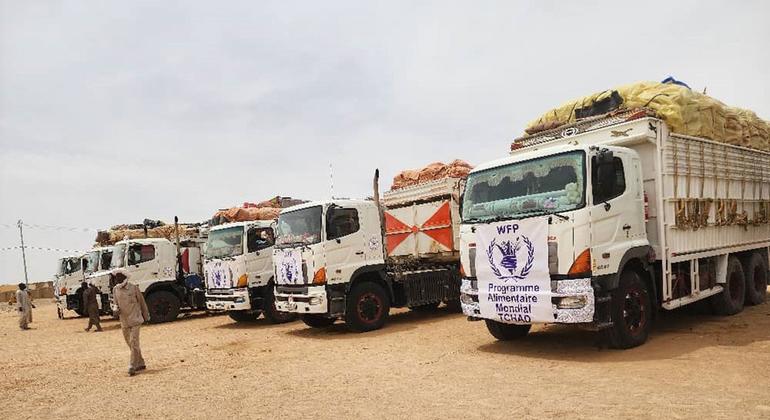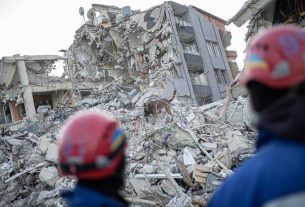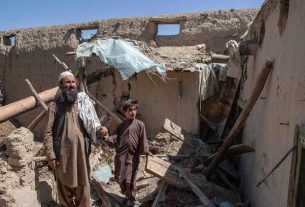Clementine Nkweta-Salami, the top UN humanitarian official for Sudan expressed “outrage” at the incident.
“The aid looted from a WFP convoy in Central Darfur will no longer go to the most vulnerable people in need,” she said in a post on X, formerly Twitter.
In a separate post, WFP called on authorities to ensure the perpetrators are held accountable, stressing that “the safe delivery of supplies must be guaranteed by all.”
Alarming situation
The attack comes against the backdrop of a worsening humanitarian crisis, driven by the ongoing war in Sudan between rival militaries that has left the country teetering on the brink of famine.
More than half of the population, around 26 million people, are staring at “crisis levels” of hunger and almost 9.4 million people have been driven from their homes, including about 1.9 million into neighbouring countries.
The situation is particularly concerning in the Darfur region, which has seen intense fighting between the Sudanese Armed Forces (SAF) and the paramilitary Rapid Support Forces (RSF).
According to UN humanitarians, the lives of 800,000 people “are hanging in the balance” as fighting rages densely populated areas in the provincial capital El Fasher, causing widespread and long-term harm to civilians and severely disrupting the essential services they depend on.
Funding required ‘urgently’
For their part, UN agencies continue to deliver aid and protection to millions in need, despite significant challenges and insecurity.
The UN Children’s Fund (UNICEF) together with its partners, for instance, supplied children and their families with safe drinking water, health services and screening for malnutrition.
WFP also scaled up its emergency response to curtail the hunger crisis, more than doubling the number of people targeted for assistance in 2024 to 8.7 million.
However, agencies report the need for additional funding alongside unfettered access to avert famine in the lean season that has now started.
As of 24 June 2024, the $2.7 billion 2024 Sudan Humanitarian Needs and Response Plan, which aims to provide life-saving assistance to 14.7 million people across the country, is only 16.6 per cent funded, with $447.4 million received.



